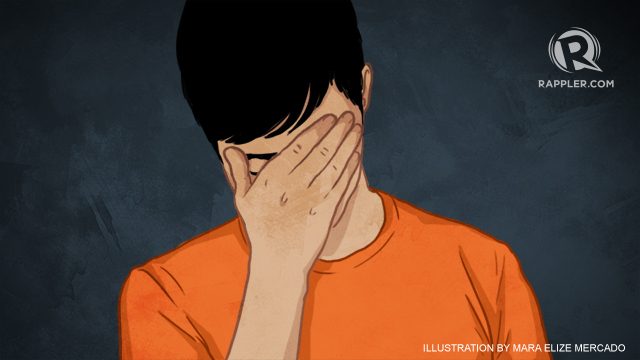SUMMARY
This is AI generated summarization, which may have errors. For context, always refer to the full article.

Scientists have found yet another way we humans fool ourselves and why. This has to do with how we view the morality of the actions we have done and how we remember them.
In the supermarket of memories, we don’t really get to put everything in our personal carts. But what is our filter? What makes us hold on to some memories and to let go of some?
Memory, as have been studied so far, is the trickiest thing. The more you remember something, the more it morphs in your head. Every time you remember something, it changes a bit. So imagine a memory that you always recall, how different has it become from the original markings of the actual event?
Memory is not like a fossil but an editable story – it changes when you make it come to life again upon remembrance. But there is a very interesting twist to this that was discovered by a recent study where researchers have found that compared to positive or negative events that happen in our lives, we naturally want to forget the unethical acts we have done. Not only that, they also found that when we try to remember them, the details become more and more blurry.
As I read the study, the first thing that flooded my head as a flagrant example is the series of Senate hearings done on corruption involving Janet Napoles. Every time the accused was asked of the details of the event, she would either refuse to answer or if she did, she would provide some sketchy recount of details which the Senators would flake into even flimsier pieces. What could they have done if they had been aware that the integrity of those pieces have already been compromised in Napoles’ own recall of her misdeeds?
The study did not only delve into what kind of memory we forget relative to other kinds; it also tried to find out why we forget our unethical acts more. And this was the surprise to me.
By asking the subjects in their study how they felt upon the recall of different kinds of memories – positive, negative, neutral, ethical and unethical – they knew the kind of emotions that people attached to certain memories. For those who recalled unethical things they have done, they found that people really did not like themselves when they did those things but instead of facing them and remedying what was done, they want to forget the event and in the course of doing so, they actually do forget it. And when asked to recount them, the details get fuzzier and fuzzier.
What surprised me was the finding that people who do unethical things still have a notion of themselves as morally upright that they are willing to part with their own memories just to preserve this notion. We are willing to forget who we are based on what we have done to cling to a self-image far more righteous than what it really is.
This would explain how politicians, especially those who have long inhabited the political scene, could publicly declare that their life-long service record is clean, despite evidence to the contrary. Apparently, they did know and realize they were doing morally reprehensible acts but just could not accept it themselves and to preserve their own intact identity, they consolidate a memory founded on lies which they also began telling themselves. That is how they build that straight-face expression when they declare to us, without blinking, that they never stole anything from us. They built that face with the bricks of their own recycled and made-up memories.
If you think that the findings of the study serially portray the fall of human nature, you have yet to hear the coup de grace. The final blow comes in the form of the threat of more unethical acts! The researchers found that this “unethical amnesia” as they called it, makes people repeat their unethical acts. Now that is the answer to why history repeats itself! Because it is people who make history and people have a very strange way of dealing with their own immoral histories.
Now, what is the way out of this mess? How can we remember bad acts faithfully so that we do not do them again? The study has done a lot to point us to the truth about the lies we tell ourselves. Now that we know, they suggest that a habit of self-examination after committing an unethical deed to perhaps keep those lies from calcifying and defining our future selves. This is something that parents could teach their kids as early as possible.
For people who have failed to do this, especially the politicians whose lies have affected millions of lives, it may be too late. Unethical amnesia may be the most serious condition to plague our political lives. – Rappler.com
Add a comment
How does this make you feel?
There are no comments yet. Add your comment to start the conversation.